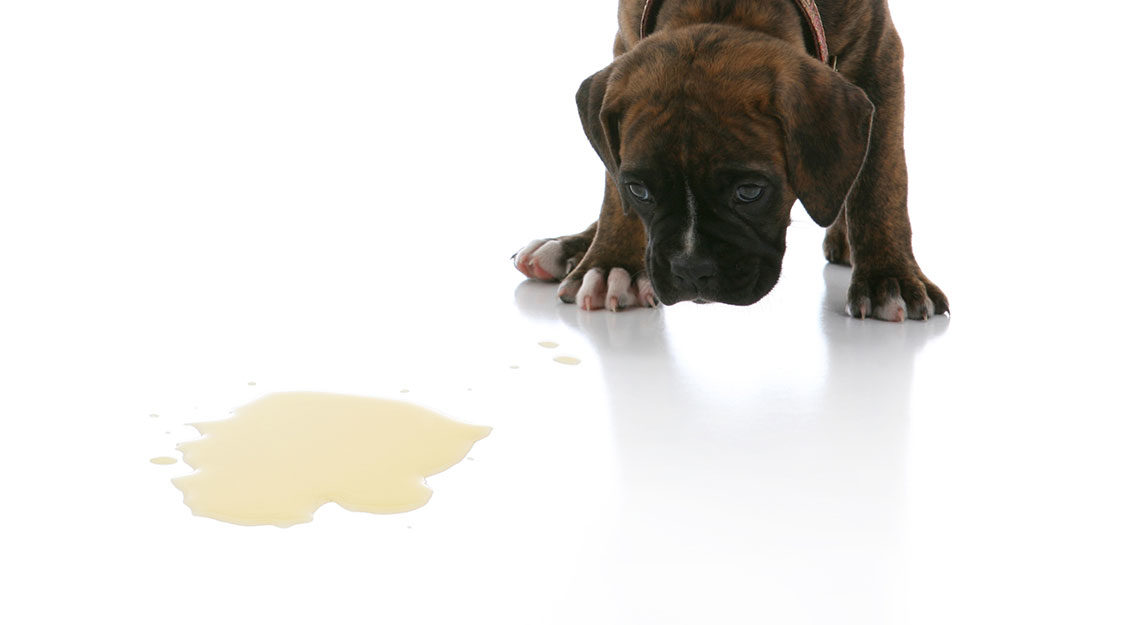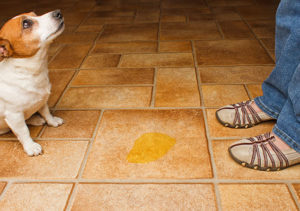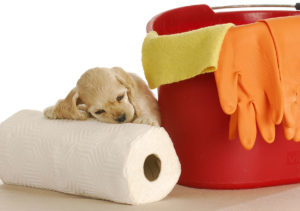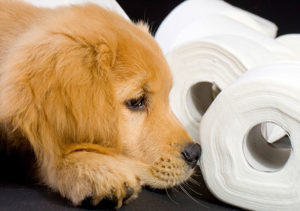Housebreaking a puppy the right way
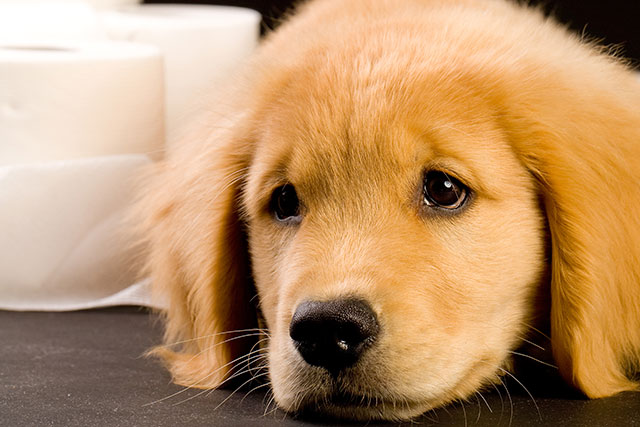
As a new dog owner, you may have received conflicting advice on housebreaking a puppy. While many techniques may work, it is important to build a relationship on trust and respect with your puppy, rather than one of fear and domination, and this from the very start of your training. Adhere to these dos and don’ts to ensure that you are housebreaking your puppy the right way.
Dos when housebreaking a puppy
Provide your puppy with a kennel or crate. Dogs are den animals and appreciate having their own space, and it will also be easier for you to house train the dog, as even puppies at less than 10 days old do not like to soil their sleeping area.
Keep an eye on your puppy very regularly when he is outside his kennel or crate. Look out for warning signs that he is about to go potty, such as sniffing intently and moving fast in all directions, leading up to the squat. If you see him behaving in such a way, pick him straight up and take him outside.
Take your puppy outside to do his business at regular intervals during the day; this will be easier if he is confined to a kennel or crate as he cannot move away from his sleeping area and will wait as long as he can. The most important times to take your puppy out are first thing in the morning, last thing in the evening, whenever he has finished eating or drinking, and when he has just woken up from a nap.
Dedicate an area for your dog to go potty and take him to this spot every time; you don’t want him to soil the entire backyard. Your puppy will learn by association of the smell what is expected of him and will find the scent appealing; therefore, he will potty faster.
Combine the above with the use of a calmly spoken command. Using speech to direct your puppy will come in practical in the future when you want to tell him to go potty in unfamiliar locations. Not only will he feel reassured that he is doing right, but you will also save time on walks, when taking him outside on visits to friends, before you leave to go somewhere in the car, and in any other situation you are likely to encounter with dogs when he is older.
Wait patiently until your dog has done his business without engaging him in play or otherwise distracting him. He may take some time sniffing and exploring the area while he is still very young. If your puppy lies down and looks uninterested, bring him back inside.
Don’ts for housebreaking a puppy
Never yell, hit, or otherwise discipline your puppy if you catch him going potty inside. The dog will not understand what he is doing wrong and will create a negative association with the natural bodily function. Most likely, he will try to hide it from you, only creating more mess for you to clean. Instead, simply pick him up and take him outside.
Do not leave your puppy alone outside and wait for him to get on with his business. Being alone outdoors can be a frightening experience for a young dog; he will be relaxed and able to focus on the task if you are there to reassure him.
Control your potty training problems by limiting areas of the house available to the puppy until he is completely housebroken.
Housebreaking a puppy takes patience and commitment but is just one way to improve your relationship with your dog for the long term.
